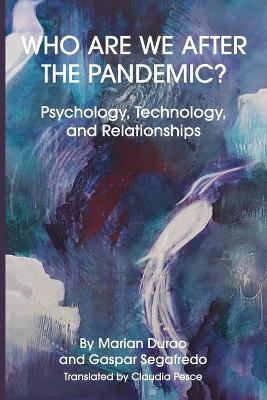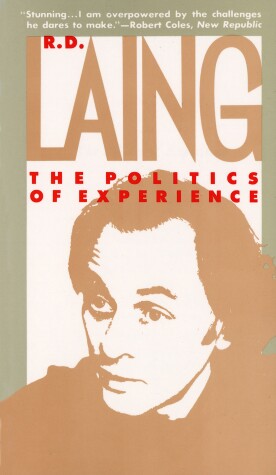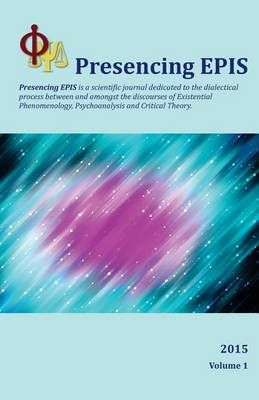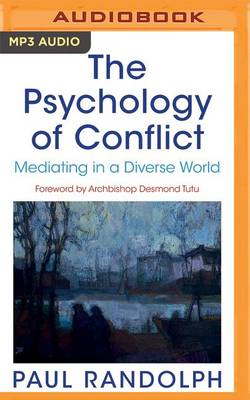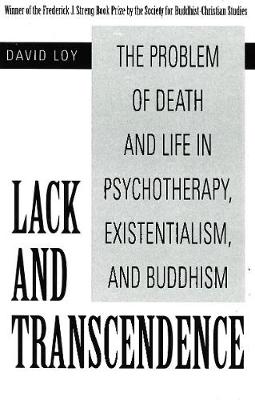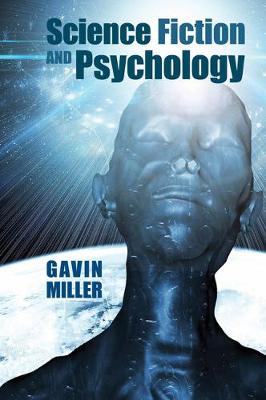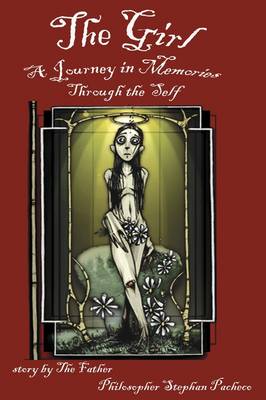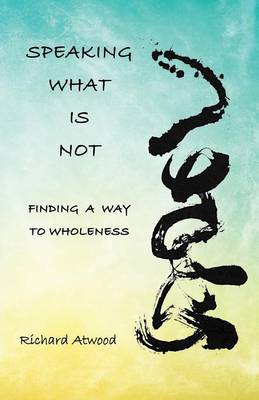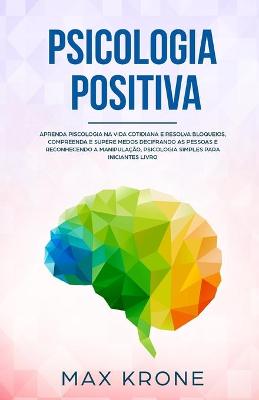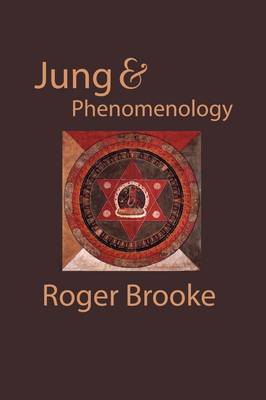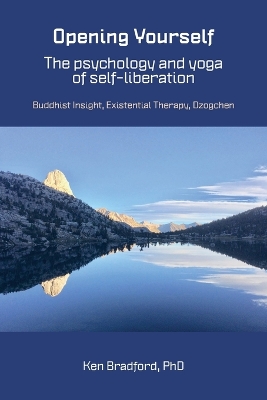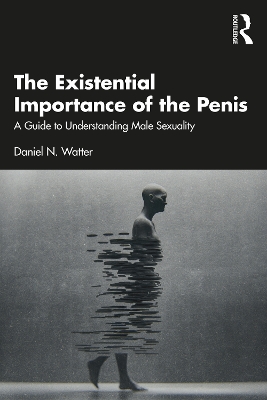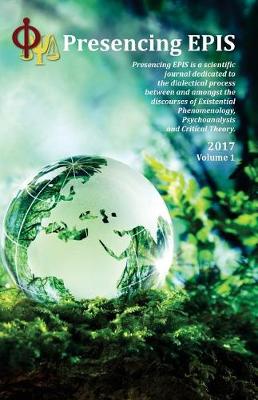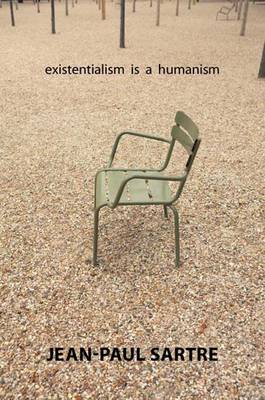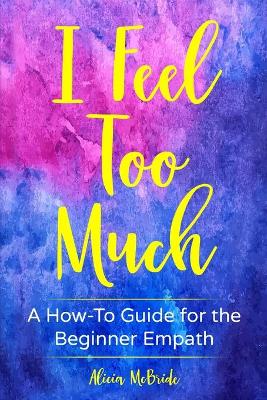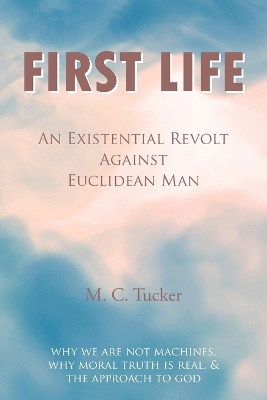A brilliantly original book from one of the 20th century's most influential psychiatrists that goes beyond the usual theories of mental illness and alienation to make a convincing case for the "madness of morality."R.D. Laing is at his most wickedly iconoclastic in this eloquent assault on conventional morality. Compelling, unsettling, consistently absorbing, The Politics of Experience is a classic of genuine importance that will "excite, enthrall, and disturb. No one who reads it will remain un...
Whatever the differences in their methods and goals, psychotherapy, existentialism, and Buddhism are concerned with the same fundamental issues of life and death and death-in-life. In this unique work, David Loy brings all three traditions together for the first time in a synthesis receptive to the insights of each, thereby casting fresh light on familiar problems. Written in a clear, jargon-free style that does not assume prior familiarity with the topics discussed, this insightful book will ap...
Science Fiction and Psychology (Liverpool Science Fiction Texts & Studies, #62)
by Gavin Miller
The psychologist may appear in science fiction as the herald of utopia or dystopia; literary studies have used psychoanalytic theories to interpret science fiction; and psychology has employed science fiction as an educational medium. Science Fiction and Psychology goes beyond such incidental observations and engagements to offer an in-depth exploration of science fiction literature's varied use of psychological discourses, beginning at the birth of modern psychology in the late nineteenth centu...
Europe's leading existential thinkers-Jean-Paul Sartre, Simone de Beauvoir, and Albert Camus-all felt that Americans were too self-confident and shallow to accept their philosophy of responsibility, choice, and the absurd. "There is no pessimism in America regarding human nature and social organization," Sartre remarked in 1950, while Beauvoir wrote that Americans had no "feeling for sin and for remorse" and Camus derided American materialism and optimism. Existentialism, however, enjoyed rapid,...
The Girl, A Journey in Memories Through the Self
by Stephan Pacheco
Psicologia Positiva (Psicologia Geral, #1) (Psicologia General, #1)
by Max Krone
Jung and Phenomenology (Routledge Mental Health Classic Editions)
by Roger Brooke
Jung called himself a phenomenologist, yet the significance of this remark has been largely ignored. Brooke takes the fundamental concepts of analytical psychology and re-interprets them within a phenomenological framework in order to provide a new understanding of Jung's writings. Anyone with a serious interest in analytical psychology or existential phenomenology will need to take account of this book.
The first of its kind, this book applies existential principles to sexual problems, providing clinicians with the tools to understand male sexuality more deeply. Alighting from the existential psychotherapy tenets of Irvin D. Yalom, Watter introduces the notion that the penis is a conduit for male emotion, and hence regulates their ability to form and experience intimate relationships. Subsequent chapters explore an existential view of male sexual dysfunction, non-sexual trauma, hypersexuality,...
It was to correct common misconceptions about his thought that Jean-Paul Sartre, the most dominent European intellectual of the post-World War II decades, accepted an invitation to speak on October 29, 1945, at the Club Maintenant in Paris. The unstated objective of his lecture (“Existentialism Is a Humanism”) was to expound his philosophy as a form of “existentialism,” a term much bandied about at the time. Sartre asserted that existentialism was essentially a doctrine for philosophers, though,...
First Life - An Existential Revolt Against Euclidean Man
by M. C. Tucker


